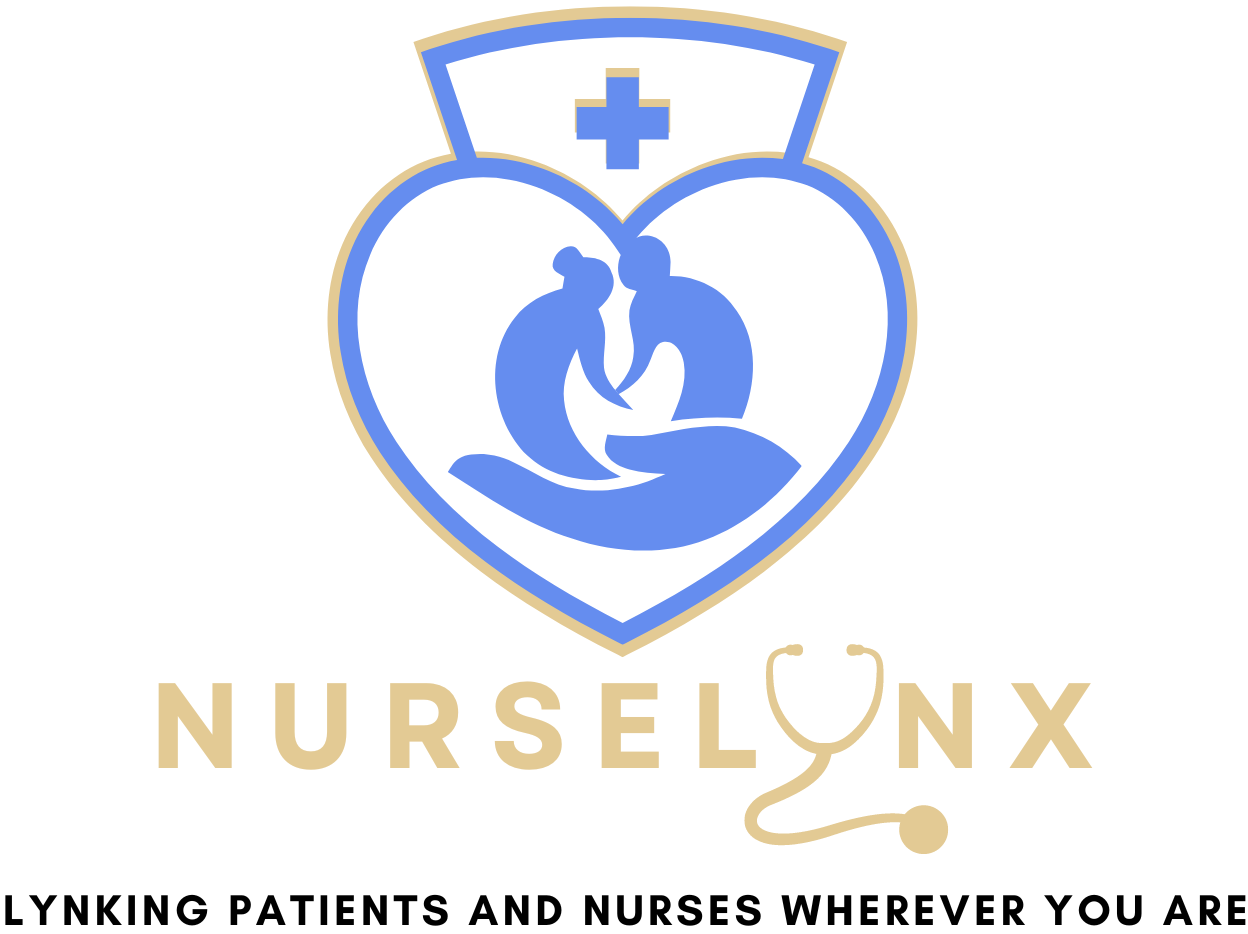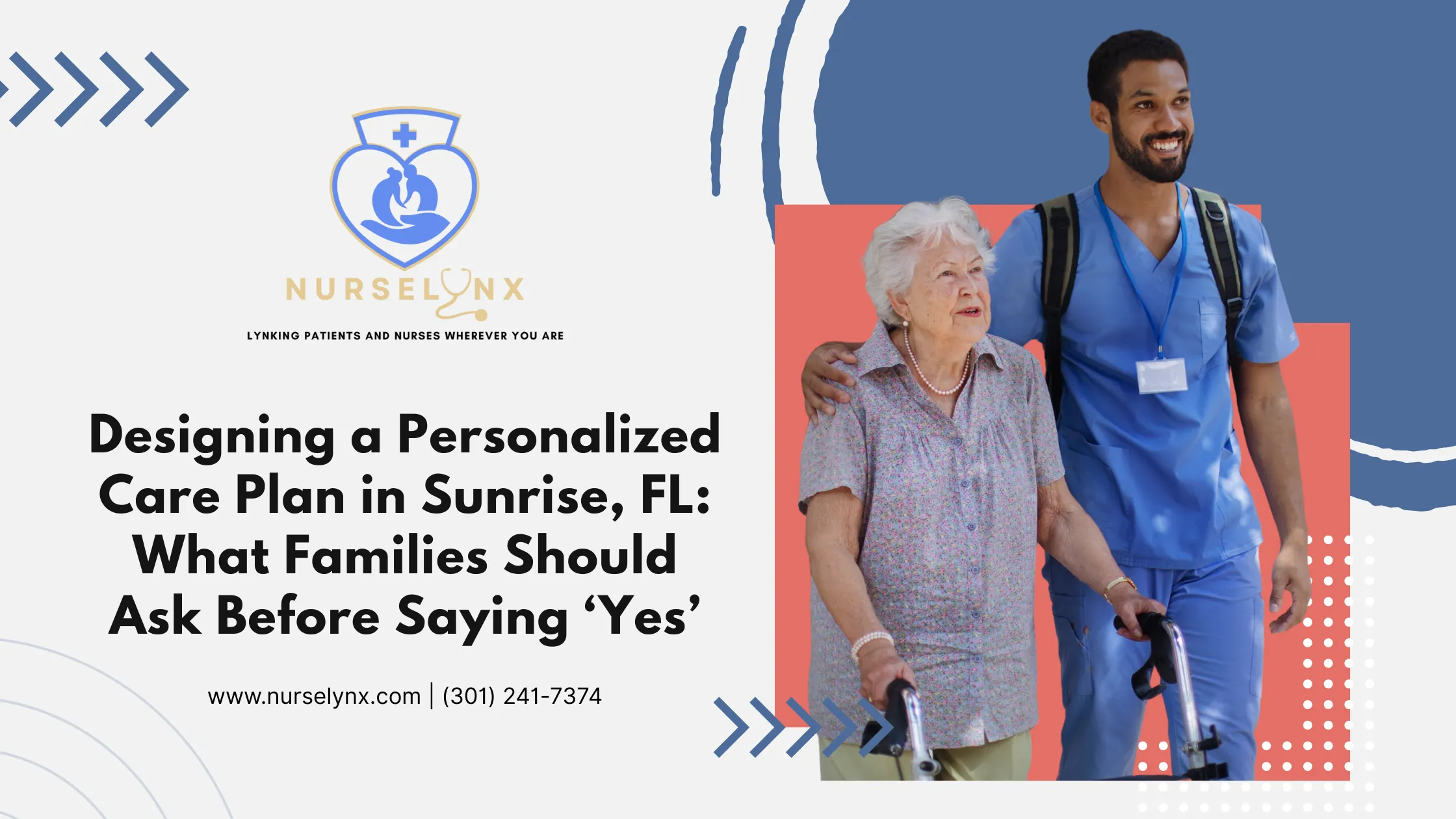Life doesn’t stop when you become a caregiver. It just multiplies. You’re still expected to show up at work, stay present in your relationships, and keep yourself semi-healthy — all while handling another person’s needs, schedules, and moods. The pressure isn’t abstract. It’s 3 a.m. wake-ups and canceled meetings. It’s being both the tech support and the emotional support. And the consequences of imbalance don’t wait. They show up in the quiet: decision fatigue, resentment, panic at minor calendar changes. But there’s a pattern worth learning — not from motivational posters, but from people who’ve lived through the overload and made things work with grit, small wins, and smarter systems.
Audit and Reclaim Your Time
You can’t manage what you can’t see. Most caregivers wildly underestimate how their time gets drained. Start by conducting a daily time audit — not for perfection, but for pattern recognition. Where do micro-delays stack up? What “just five-minute” tasks balloon into 30? What pockets of potential go dark under stress? This isn’t about squeezing more in. It’s about reclaiming margin. A five-minute buffer between work calls and caregiving duties might sound small, but it can be the difference between meltdown and reset.
Digitize Documents to Cut Mental Load
You don’t realize how much paper rules your life until one form goes missing. From prescriptions to insurance authorizations, the volume adds up fast — especially during medical transitions. Streamlining that mess starts with using a scanner app that turns physical documents into digital files you can access on the fly—you may want to check this to explore apps. It’s not just about staying organized — it’s about staying sane when you’re asked for the fifth time to resend a medication list. You can’t control how often systems lose track of your paperwork, but you can control whether it wrecks your day.
Make Asking for Help Frictionless
People won’t know how to help unless you give them something specific to say yes to. Caregivers often feel alone not because help is unavailable, but because asking feels like more work. Try asking for help directly — “Can you sit with Mom from 6 to 8 so I can go for a walk?” lands better than “I’m overwhelmed.” Even if you think it’s obvious, people outside your day-to-day don’t see the load. And don’t just think of family. Co-workers, neighbors, friends — they can step in if you treat your needs like calendar-worthy events, not afterthoughts.
Use Simple Tech to Save Energy
Not every task needs your full attention. Especially the ones that happen ten times a day. Using caregiving apps and tools can reclaim hours without sacrificing care quality. Digital pill organizers, shared calendars, and condition-specific apps do more than store data — they offload mental weight. Instead of texting five people the same update, one dashboard can do it. Instead of forgetting whether the third dose happened, an app logs it. Think of tech as your second brain — especially useful when your first one is fried.
Protect Your Mindset With Small Shifts
You don’t need to be positive all the time, but you do need an internal script that doesn’t sabotage you. Caregivers are constantly adjusting expectations, and that shift wears down even the strongest resolve. Building routines around keeping a steady perspective — especially when things feel stuck — makes space for resilience. Some days, success is showing up and making one decision at a time. A mindset that can hold both frustration and forward motion is what keeps you from burning out when the situation doesn’t change.
Treat Basic Needs as Essential Infrastructure
When your plate is full, self-care gets framed as indulgent. But skipping the basics doesn’t make you noble. It makes you brittle. Maintaining sleep, meals, and movement isn’t about spa days — it’s infrastructure. You don’t need to train for a marathon. You need a body that doesn’t flinch at stairs. You need enough energy to make hard decisions without snapping. Exhaustion isn’t a badge. It’s a warning light. Keep food, rest, and small motion non-negotiable, not optional.
Set Micro Goals That Still Move You Forward
Grand plans buckle under unpredictable days. Setting daily goals you can meet — not ideal ones, but real ones — builds resilience through momentum. “Finish paperwork before noon” is specific. “Be more productive” is not. When everything’s on fire, shrink the circle of control until you can act. That might mean skipping the perfect meal plan and just cooking pasta. Progress doesn’t require clean slates — just clean decisions, one at a time. Boundaries and goals aren’t signs of selfishness. They’re evidence you’ve decided to last.
Hire In‑Home Support Before You Burn Out
Caregiving doesn’t mean doing it all — it means knowing when to hand off tasks. Burnout creeps in when the breaks come too late, or not at all. NurseLynx offers in-home support that lets you rest without guilt, knowing your loved one is still in good hands. Whether it’s two hours or two days, that space gives you clarity, not just comfort. Think of it as maintenance, not escape — the kind of pause that lets you come back better.
Caregiving isn’t a side task — it’s an added full-time role stacked on top of everything else. The mistake isn’t caring too much. It’s believing you must do it all alone or flawlessly. Your life isn’t a pie chart where caregiving should “fit.” It’s a network of priorities in flux — and you have permission to protect your own bandwidth. Time clarity, clear asks, light automation, unshakable basics, and honest goals won’t fix everything. But they will steady the ground beneath you. You don’t need balance to feel perfect. You need enough of it to feel like yourself again.
Discover compassionate and professional homecare and healthcare staffing solutions with NurseLynx, your trusted partner in Maryland for ensuring quality care and peace of mind for your loved ones.



